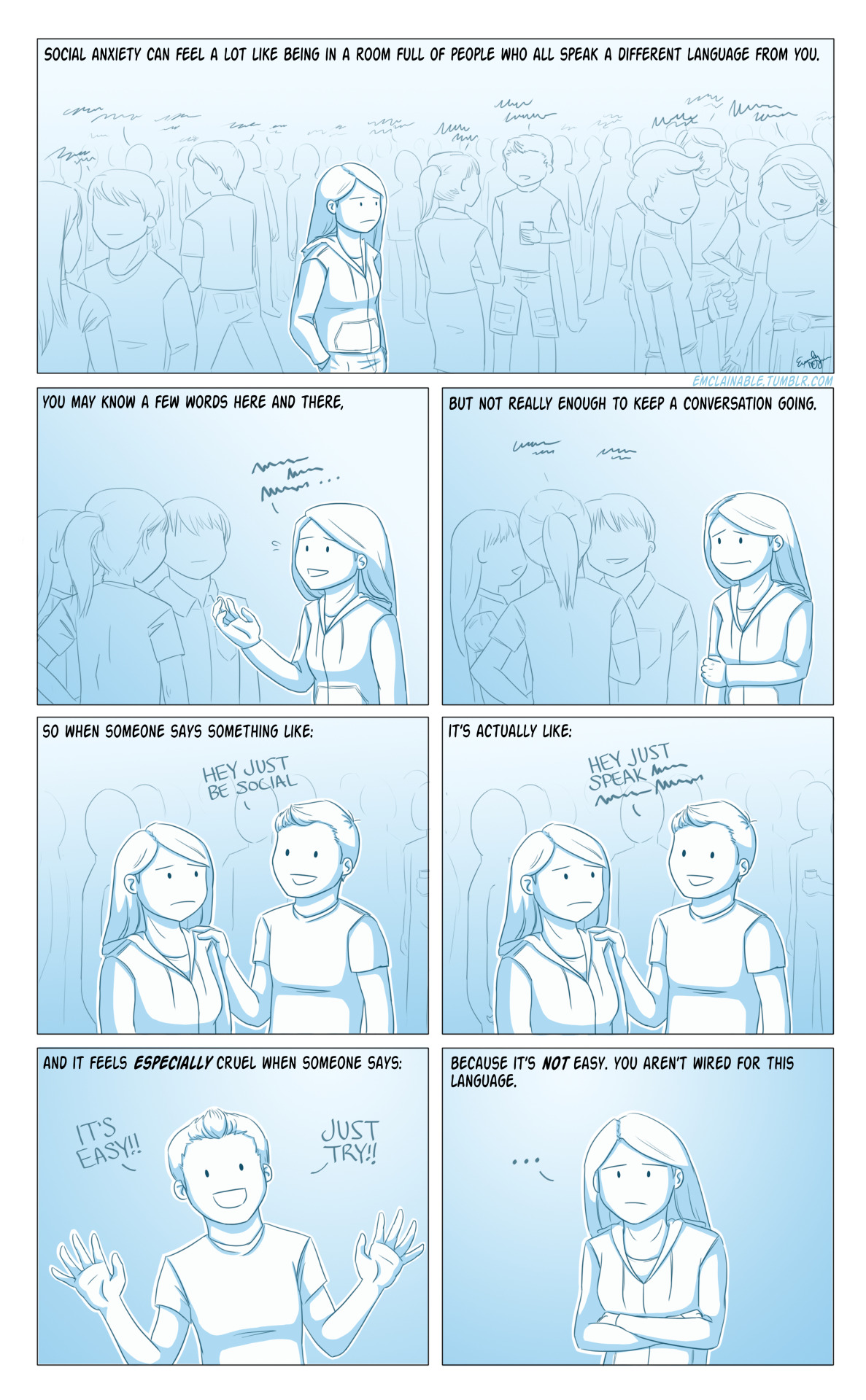I recently came across an article on the failure of the Alcoholics Anonymous (AA) treatment model. It makes a strong case, and is well worth a read (the full article is here).
 If AA works for you that’s great, but you are in the minority.
If AA works for you that’s great, but you are in the minority.
I’ve been skeptical of AA for years now. On one hand, I personally know several people who have successfully used the program, and I’m sincerely happy that they have found a way to deal with their alcohol problems. However, I have treated many more people in my professional practice for whom AA has simply not worked.
I have serious objections to the way AA is run. In particular, their reluctance to publish information on success rates is unacceptable. The article claims that AA fails for up to 90%-95% of attendees. Until AA shows a willingness to become more transparent and adopt evidence-based treatments, there is little hope that the program’s efficacy will improve.
It is not always about the alcohol.
One flaw in AA’s treatment strategy is the assertion that alcohol is the root cause of all problems in an alcoholic’s life. In many cases this is not true, as alcohol is often used to cope with other issues. For example, let’s consider how social anxiety might cause someone to abuse alcohol, as I’ve come across this many times.
People usually feel more confident and have fewer inhibitions while drinking. This can be appealing for those with social anxiety, and can even appear to be effective in the short term. However, using this as coping mechanism has several disadvantages. For one thing, after the effects of alcohol have subsided many people find themselves in a cycle of rumination that increases feelings of anxiety. Furthermore, if you need to drink in order to deal with social situations, this can lead to a dependency or addiction.
Any treatment that focuses purely on abstaining from alcohol (as AA does) is bound to have limited success.

Fjola Helgadottir, PhD, CPsychol, is a clinical psychologist, a senior research clinician at the University of Oxford, and is a co-creator of AI-Therapy.com, an online CBT treatment program for overcoming social anxiety





